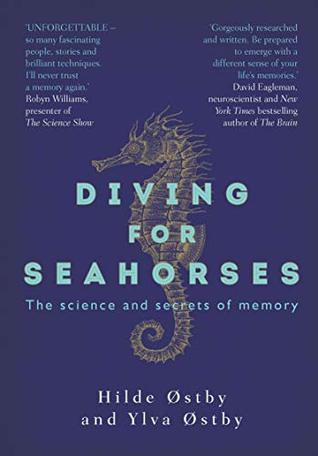I am frequently surprised by how often people mistake me for a truly literary person. Bloggers and Twitter folk have often assumed I'm either a literature major or a translator; I've had people ask me what "genre" I'm researching for my PhD. But the truth is that I'm a scientist, a biochemist who just happens to adore books and writing about them. And though I typically read fiction, I also love reading nonfiction, particularly about scientific fields. As I've delved deeper into the women in translation project, this love has mostly been sidelined. After all, there just aren't that many science books by women writers that have been translated across languages.
Imagine my surprise as I browsed books at the Sydney airport bookstore, ahead of 35 hours of traveling. My hand hovered over the spine and I removed the book from the shelf. My usual search for translator name was actually quite long (unfortunately, NewSouth Publishing don't advertise the translator name anywhere obvious, instead relegating it to the small print of the publication information page), but once I found it, I was stunned. Diving for Seahorses by Norwegian sisters Hilde Østby and Ylva Østby, translated by Marianne Lindvall. Yes, this really was a nonfiction, scientific book written by non-Anglo women writers! Sisters, no less!
I had to read this.
Luckily, it turns out that Diving for Seahorses is more than just a combination of my personal niche delights, but a genuinely good book. As the publisher blurb points out, the sisters are uniquely qualified to write a good science book - Hilde is a writer, while Ylva is a neuroscientist. Their combined efforts creates a remarkably well-written (and translated!) popular science book that tracks multiple approaches to the study of human memory. This is not a dense, comprehensive scientific study, nor does it commit to giving any answers. In fact, Diving for Seahorses frequently points out that humans do not as of yet understand memory well enough to make any grand claims. Instead, the book charts different aspects of memory chapter by chapter, covering both anecdotes and scientific studies. It's a book that is on the one hand deeply scientific in its approach, but written smoothly and with a narrative cohesiveness that not all similarly structured science books have.
I enjoyed reading Diving for Seahorses from just about every perspective, whether in terms of learning about a scientific field that I'm not well versed in (confession: I have hated just about reference to neuroscience that I have ever had to study) or in terms of the reading process itself. While not especially comprehensive and occasionally reliant on anecdotes or studies that are tenuously defined (see previous confession), it's a fun, educational experience. Warmly recommended.


No comments:
Post a Comment
Anonymous comments have been disabled due to an increase in spam. Sorry!